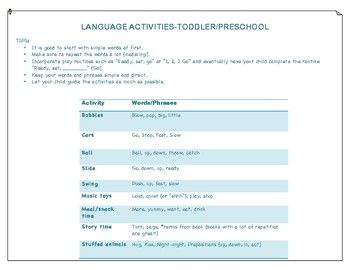What Is P Language

How do we acquire and use language.
What is p language. P serves to output a pointer. The recent news stories in box 1 1 above illustrate how language. A small p value typically 0 05 indicates strong evidence against the null hypothesis so you reject the null hypothesis. This lecture focuses on language itself.
A programming language is a computer language programmers use to develop software programs scripts or other sets of instructions for computers to execute. A language familyis a group of languages with a common origin. By learning the rules of another language you have to actually learn all of the little rules of your native language which we 0. Functions belonging to the printf function family have the type specifiers p and x.
In truth however language can operate in all of these ways. A large p value 0 05. From wikipedia the free encyclopedia p p double prime is a primitive computer programming language created by corrado böhm in 1964 to describe a family of turing machines. X and x serve to output a hexadecimal number.
Don t imagine our language as something that might wield power fuel debate or even cause conflict. In contrast to a general purpose language such as c or python p4 is a domain specific language with a number of constructs optimized for network data forwarding. Although many languages share similarities each has its own syntax. Through the ages that proto language broke up into dialects.
Any text that appears within one of those characters is considered part of the markup language and not part of the annotated text. Also as you study language s you begin to really pay attention to what you write say and how you do so. X stands for lower case letters abcdef while x for capital letters abcdef. P this is a paragraph of text written in html.
It may differ depending upon the compiler and platform. The p value is a number between 0 and 1 and interpreted in the following way. The common originis postulated to have been a single language referred to as a proto language that was spoken at a certain time in the past.


















